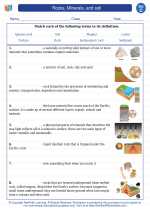What is an Ecosystem?
An ecosystem is a complex network of interactions between living organisms and their environment. These interactions include the flow of energy, the cycling of nutrients, and the maintenance of a balance among the different species present.
Components of an Ecosystem
- Abiotic Factors: Non-living components like air, water, sunlight, soil, and temperature that influence the ecosystem.
- Biotic Factors: Living organisms including plants, animals, and microorganisms that interact with each other and with the abiotic factors.
Types of Ecosystems
Ecosystems can be classified into various types such as terrestrial ecosystems (forests, grasslands, deserts) and aquatic ecosystems (marine, freshwater).
Energy Flow in Ecosystems
Energy flows through ecosystems in a one-way direction, typically starting with the sun and then moving through the different trophic levels (producers, consumers, decomposers).
Nutrient Cycling
Nutrients such as carbon, nitrogen, and phosphorus are cycled through the ecosystem, moving from the abiotic environment to living organisms and back again through processes like photosynthesis, decomposition, and the nitrogen cycle.
Ecosystem Stability
Stability in an ecosystem is maintained by the interactions between the different organisms and their environment. This balance is crucial for the survival of the ecosystem.
Human Impact on Ecosystems
Human activities such as deforestation, pollution, and overfishing can disrupt the balance of ecosystems and lead to negative consequences for the environment and its inhabitants.
[Ecosystem] Related Worksheets and Study Guides:
.◂Science Worksheets and Study Guides Third Grade. Rocks, Minerals, and soil
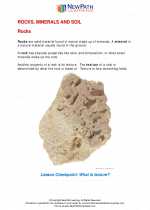
 Activity Lesson
Activity Lesson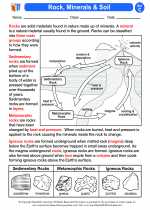
 Worksheet/Answer key
Worksheet/Answer key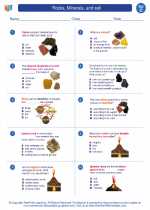
 Worksheet/Answer key
Worksheet/Answer key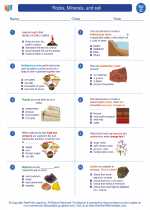
 Worksheet/Answer key
Worksheet/Answer key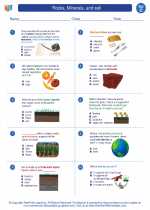
 Worksheet/Answer key
Worksheet/Answer key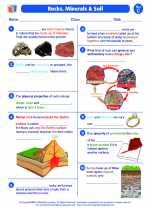
 Vocabulary/Answer key
Vocabulary/Answer key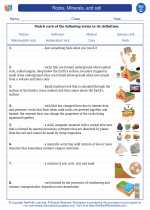
 Vocabulary/Answer key
Vocabulary/Answer key